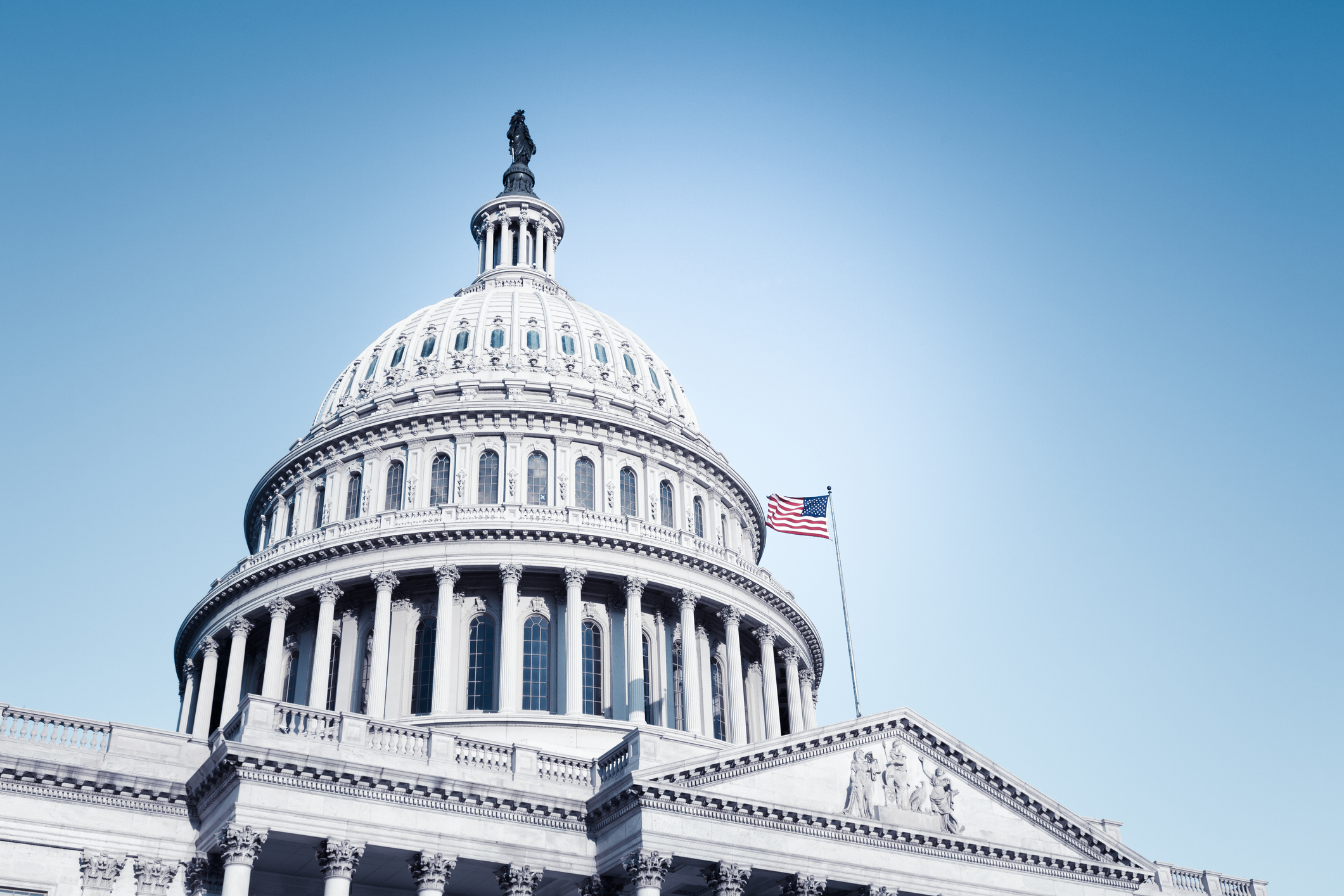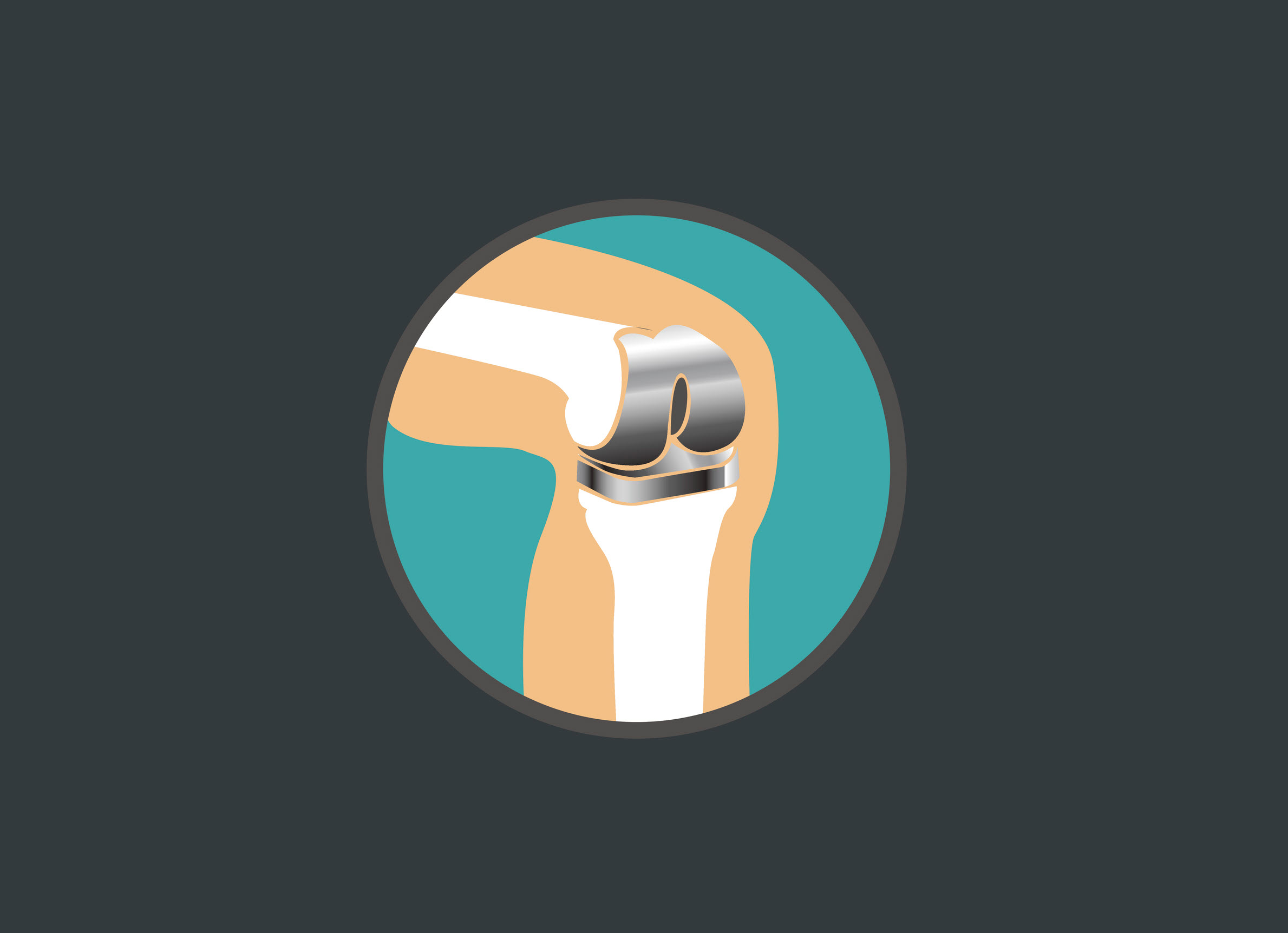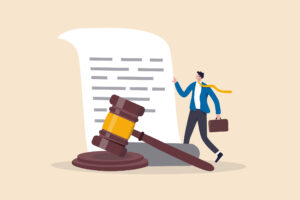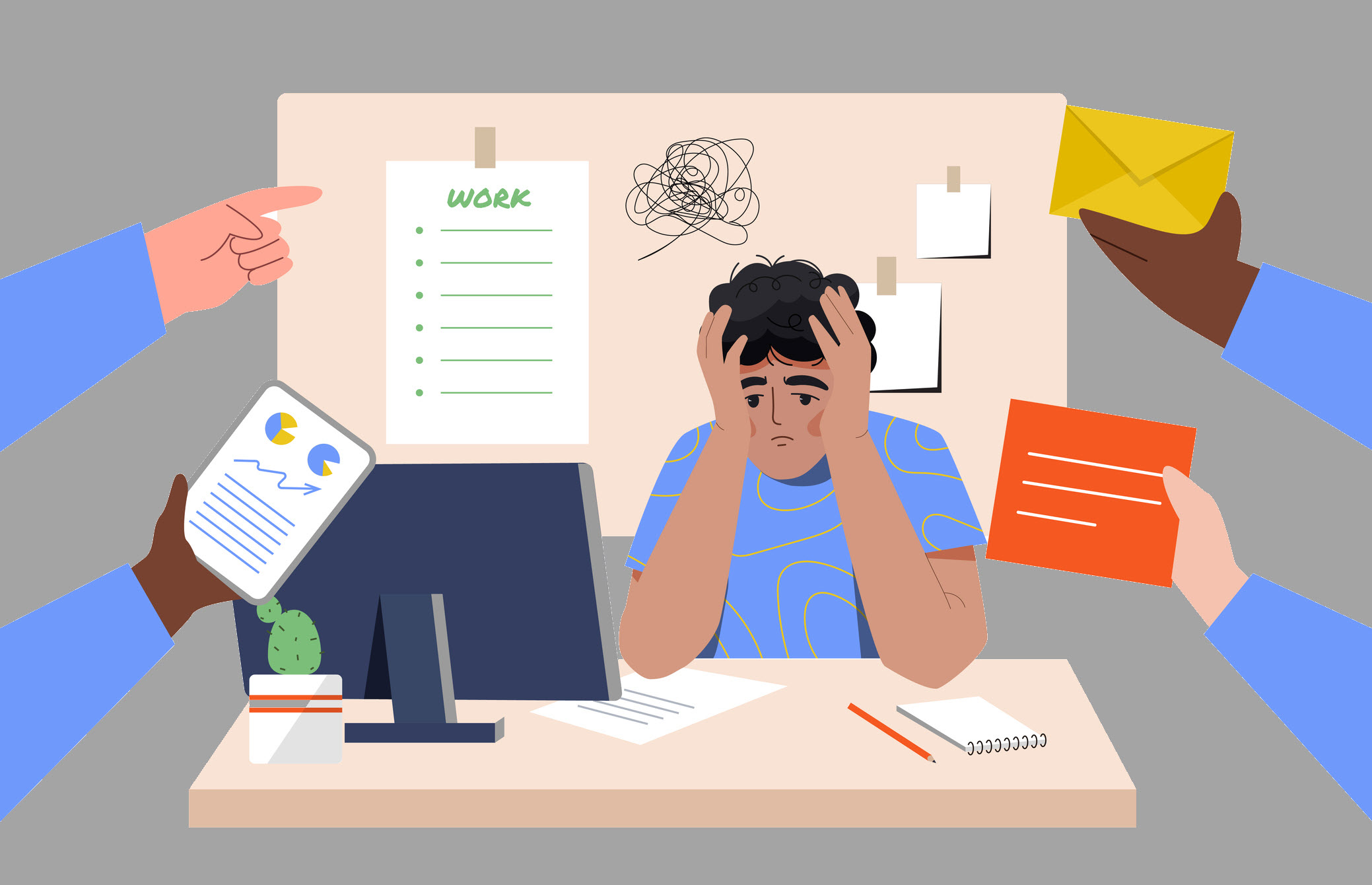The Role of Liability Claim Reforms in Ensuring Continued Economic Growth
Liability claim costs in the U.S. have increased by 16% annually in the last five years, far outpacing the average economic inflation rate. As the general liability market struggles to keep up with increasing frequency and severity, the call for legal reform is getting louder.
October 8, 2024

Legal system abuse is best illustrated by increasing jury awards, sometimes even extending into the billion-dollar territory, that have drastically altered exposures for commercial, auto, general, umbrella, and professional liability lines. Combatting the impact of legal system abuse requires sweeping reforms, but doing so could alleviate the stress of increased litigation on the court system.
Nick Kriegel, Chief Innovation Officer and General Counsel at Safety National, discusses the effects of legal system abuse on businesses and consumers, and how states are seeking to limit its impact.
Curbing Abuse through Legislative Controls
Many states are beginning to intervene to control costs and prevent the further worsening of this systemic issue. Last year, Florida passed bill HB 837 to control the devastating effects of legal system abuse, particularly as the state has become a haven for litigation. This law seeks to decrease frivolous lawsuits and prevent the predatory practices of trial attorneys.
More states are also pushing back on third-party litigation funding. Both Indiana and West Virginia have passed bills to limit its effects. Indiana’s bill prohibits foreign entities from funding lawsuits, requires disclosure of funding, and prevents funders from influencing the outcome of lawsuits. Funders are also prohibited from access to proprietary information that may be a part of civil litigation. West Virginia’s law prevents funders from offering commissions to attorneys and medical providers who refer clients, advertising false or misleading information, referring to specific attorneys, and attempting to waive settlements. Tort reform is a start, but ongoing efforts need to include caps on reasonable and appropriate damages.
Understanding that Reforms Benefit Businesses and Consumers
Without liability claim reforms, insurance premiums will continue to climb in response to increased jury awards from civil litigation. More frequent lawsuits and higher jury verdicts signal risk profile changes, and carriers may adjust accordingly, including possibly limiting the coverages provided under an insurance policy. Beyond higher insurance premiums, there are increases in the costs of goods and services for most Americans attributable to increased liability claims costs. The average U.S. household pays more than a $3,600 “tort tax,” according to the U.S. Chamber Institute for Legal Reform (ILR). According to a recent APCIA poll, 86% of adults agree that lawmakers should address legal system abuses to restore equity to the justice system.
Businesses are also more likely to invest in states with more balanced legal systems. According to a recent survey by ILR, 89% of in-house counsel and senior litigators confirmed that a “state’s lawsuit environment is likely to impact their company’s decisions about where to locate or do business.”
Additionally, the increasing rate of litigation puts significant stress on the courts. Some statutes allow state courts to exercise general personal jurisdiction over out-of-state corporations that register to do business in the state, leading to abusive forum shopping.
The power of legal system abuses can undermine the basic principles of the legal system and its intended remedies for plaintiffs and defendants. Advocating for reforms to re-balance the legal system to address frivolous lawsuits, and decreasing or eliminating outside influence and interests caused by litigation funding is a necessary first step toward managing liability insurance costs for businesses and insurers alike.

























